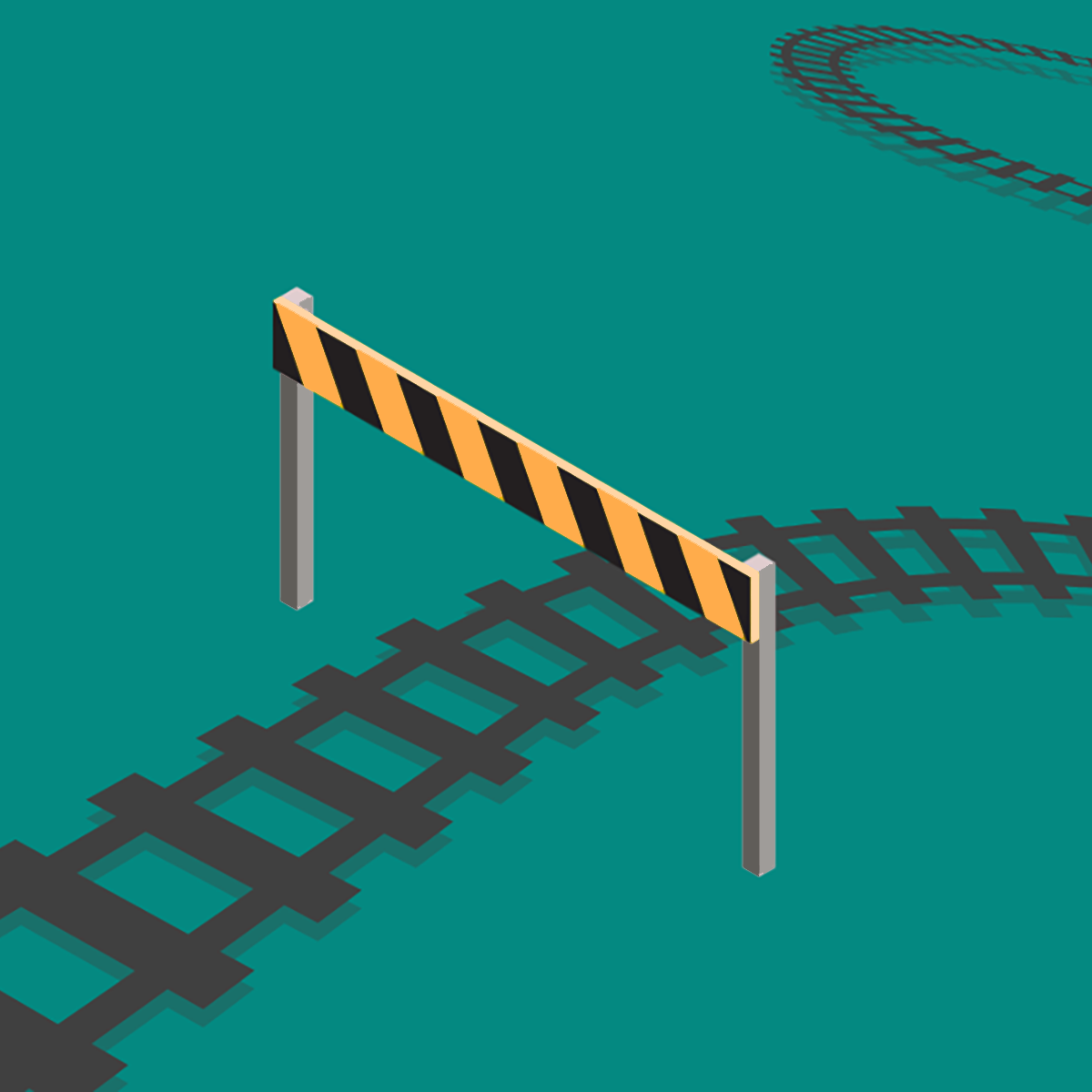What can you do if your investments are down?
You might be investing for the long term, but it's hard not to notice when your portfolio is taking a beating in the short term.
That can happen whenever Canada enters a bear market, a period of prolonged decline. Unfortunately, market volatility is a part of investing, and predicting the end of this "hibernation" can be difficult.
So, what can you do if your portfolio is down in the short term? We asked for a few tips from Steve Slavner, Head, Investments & Deposits, Sales & Service, at Tangerine.
1. Don't panic
Sure, this is easy advice to give — but harder to follow.
“Nobody likes to lose money, me included," says Slavner. “But I think the best and most successful investors tend to keep their emotions in check."
While experiencing some jitters when your portfolio is down is normal, these feelings can take over your objective outlook and lead to bad decisions.
“When you sell when the markets are down, you're triggering that real loss," Slavner adds. In other words, if you sell investments at a lower price than you purchased them for, the difference in value becomes a loss in your portfolio.
That same decision can then sting a second time when the market recovers and your money isn't invested to realize those gains, says Slavner.
“Markets move swiftly. Recoveries happen quickly, sharply and sometimes unannounced. The risk of being out of the market is that you don't get to take advantage of the recovery."
One way to avoid all that anxiety is by refraining from looking at your investment portfolio too frequently. If you've already settled on a long-term strategy, daily check-ins won't help your portfolio or your wellbeing.
2. Reevaluate your portfolio
While you shouldn't be checking your portfolio obsessively, it could be a good time to revisit your goals and plans.
“One of the most important things is ensuring you have a good plan in place and sticking to it — especially in times like this," Slavner says. “But you should be reviewing your plan to see if it still makes sense for you. You might go back and realize that your time horizon has changed, your risk tolerance has changed or your financial capacity has changed."
You can go even further by analyzing why you purchased each investment and decide whether those reasons still make sense.
Though you'll want to minimize investment withdrawals while your portfolio is down, you may also consider rebalancing your portfolio to ensure your investments are on track to meet your goals. During periods of volatility, the asset allocations in your portfolio can become "unbalanced" since stocks and bonds perform differently. So you may end up with a different proportion of fixed income and equity assets than you initially planned, especially if you don't have a portfolio that is automatically rebalanced.
3. Diversify
Don't put all your eggs in one basket, they say.
If your portfolio is overly dependent on one asset class, an economic downturn could hit you particularly hard. Assets like stocks, bonds and real estate can all perform differently over time, making a diversified portfolio more resistant to a volatile market.
Some investors also see opportunities to invest more cash when investments are less expensive in the short term. “Investments are on sale right now," Slavner points out. “In the long run, buying now on lower prices could benefit you over time."
You can also search out the safest investments to help you weather the volatility storm. With interest rates hiked, you can find better than normal returns on high-interest savings accounts or GICs.
While everyone is feeling that market angst, Slavner says sometimes you just have to ignore the noise.
“A lot of our Clients have never seen a market cycle like this and are experiencing it for the first time. But I've lived through it before and learned from it — so can you."

